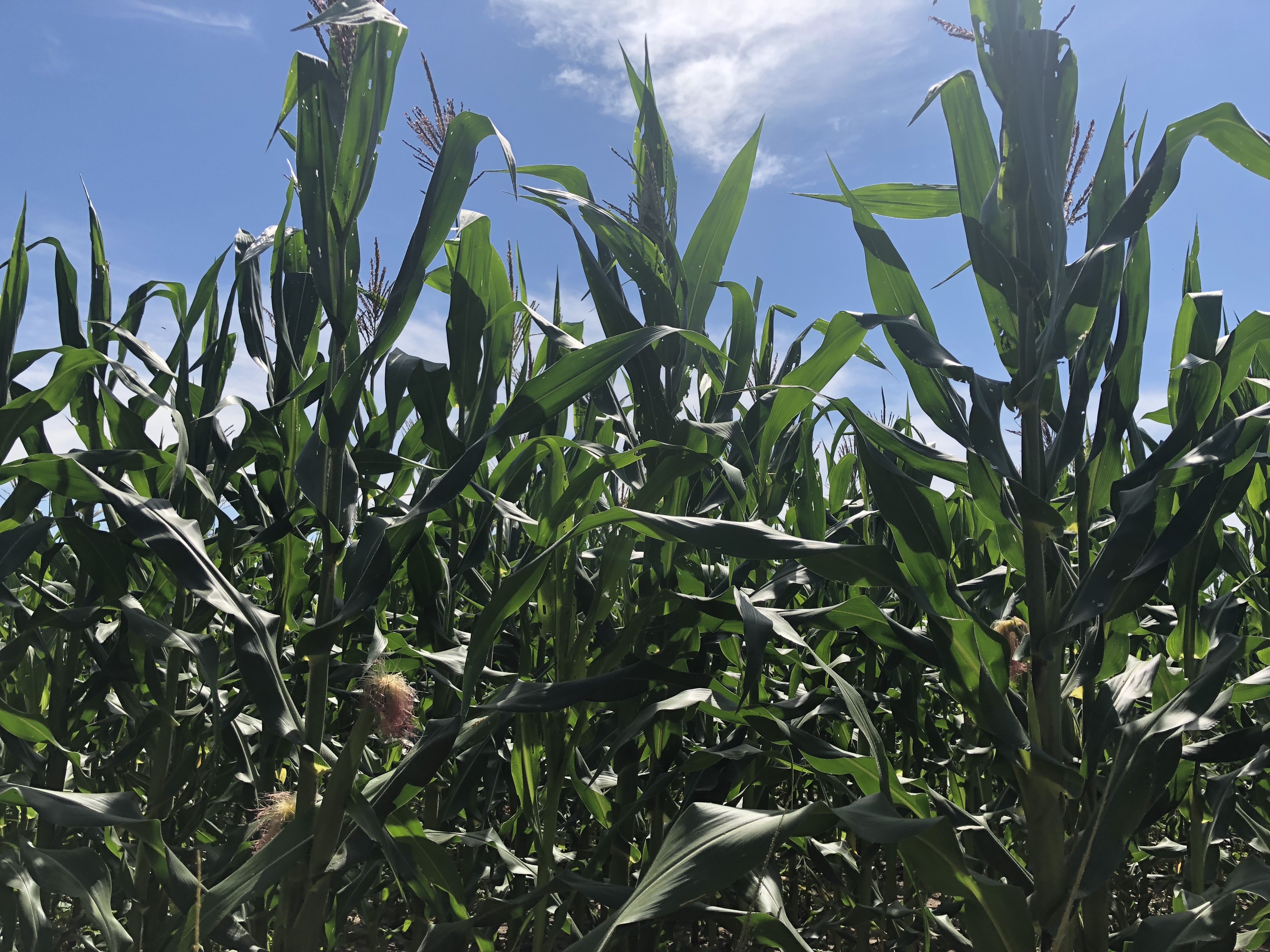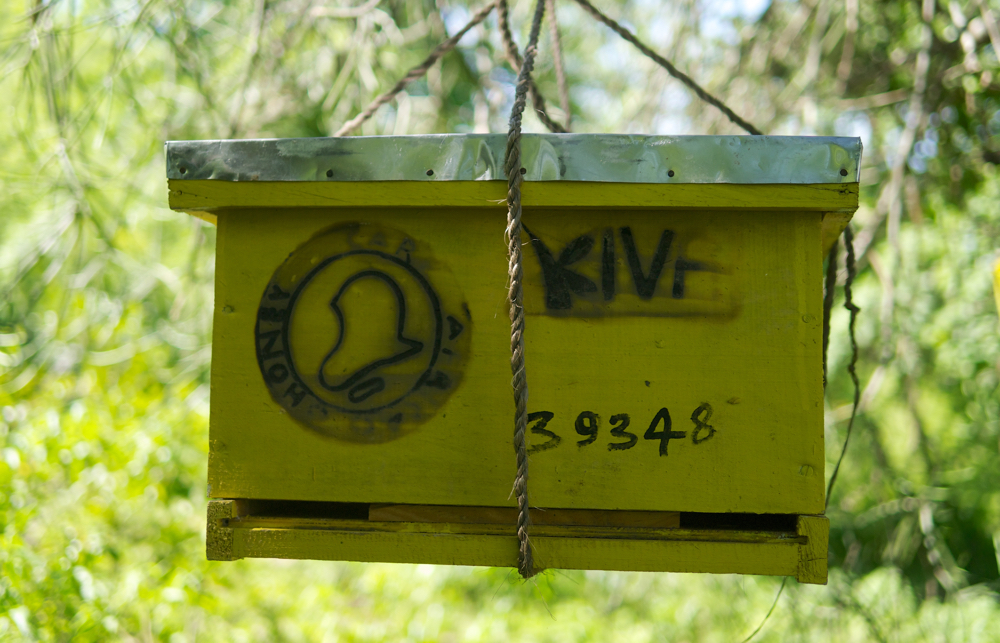Bias For Action
If something is important, I prefer to take initiative, rally the right stakeholders, and act decisively. In the face of uncertainty, I avoid analysis paralysis by creating contingency plans for potential risks and quickly getting buy-in so we can move quickly and build momentum.
Ruthless Prioritization
There is never enough time to do everything you want to do and people are continuously making requests. I constantly evaluate what are the most critical things I should be doing to achieve my goals and make tough choices about balancing what is most important, urgent, and impactful to the organization.
Practice Servant Leadership
I see my role as empowering others. That means removing blockers, actively listening, and creating structures where people can thrive. I prioritize transparency, fairness, and trust in how I manage teams and collaborate cross-functionally.
Data-Driven Decision Making
Data provides the building blocks of major decisions.
For example, at One Acre Fund, we were considering a trial of mobile money payments to enable Ugandan farmers to make loan repayments from their phone and we needed to determine where to conduct the trial. An initiative like this is a complex undertaking because it is a fundamental shift in the program's strategy and operations and has many moving parts.
Using the balance scorecard framework to evaluate the capacity and needs of internal and external stakeholders helped us to identify both the pilot program locations and hone in on the key factors to success. Later in the project, the wide band of uncertainty around program growth was a major barrier to making a meaningful NPV analysis so Monte Carlo simulation was used to provide probabilistic estimates. All of this analysis was made possible by pulling in internal data from disparate sources.
Learning-Driven Execution
I approach operations like a product: test, measure, iterate. Whether launching a new process or responding to failure, I ground decisions in data and continuous improvement. I welcome feedback as fuel for growth—both mine and the team’s.
Clarity Through Systems
I believe that well-designed systems bring clarity to complex processes, reduce noise, and enable teams to focus on what matters. Whether it’s a dashboard, a policy, or a workflow, my goal is to simplify complexity into something usable and scalable.




